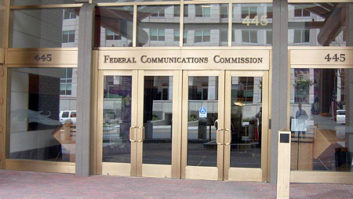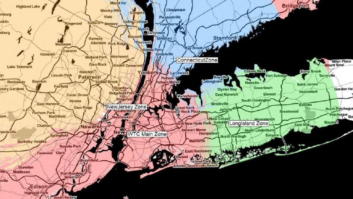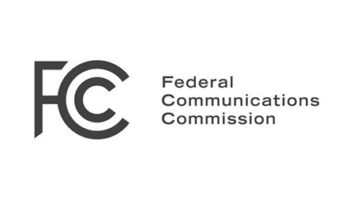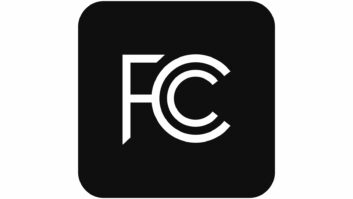WASHINGTON — A divided Federal Communications Commission voted 3-1 Thursday (July 12) to “streamline, coordinate and refine” the FCC formal complaint rules to “clarify” that the informal complaint process is meant to facilitate dialog between carriers and customers, but does not itself result in a formal complaint.
The order, which stems from a September 2017 notice of proposed rulemaking, deals with complaints “regarding pole attachments, and formal complaints concerning the accessibility of telecommunications and advanced communications services and equipment for people with disabilities.”
FCC Chair Ajit Pai made it clear he thought that reports the changes meant consumers would now have to pay $225 to file a complaint were false.
That came after Democratic Commissioner Jessica Rosenworcel said that the changes meant the FCC would simply become a conduit for letters between consumers and carriers, and that consumers would now have to file a formal complaint — and pay a $225 — to get the FCC’s attention.
Pai asked Enforcement Bureau Chief Rosemary Harold a series of questions including whether the $225 fee was accurate. Harold said that those reports were false. Rosenworcel interjected to say she thought that was not true.
Harold also said the changes to the formal complaint rules did not affect the information complaint process, and that the FCC would continue to take such informal complaints into account when acting on formal complaints.
Rosenworcel complained that her office did not get a final draft of the item until 11 a.m., after the monthly public meeting had already started.
The rule changes, according to Pai’s office, “require defendants to answer a complaint filed against them within 30 days and complainants to file a reply within 10 days thereafter. The rules also adopt a uniform approach to discovery in all formal complaint matters, giving parties greater certainty regarding available discovery mechanisms.
In addition, the new rules require “executive level’ pre-filing settlement discussions in all formal complaint proceedings, and codify the Enforcement Bureau’s practice of providing staff-supervised mediation services to parties wishing to negotiate settlement of their dispute.
Finally, in the rules, the commission commits to the goal of meeting a 270-day shot clock for resolving formal complaints (except for those complaints already subject to a shorter deadline).











